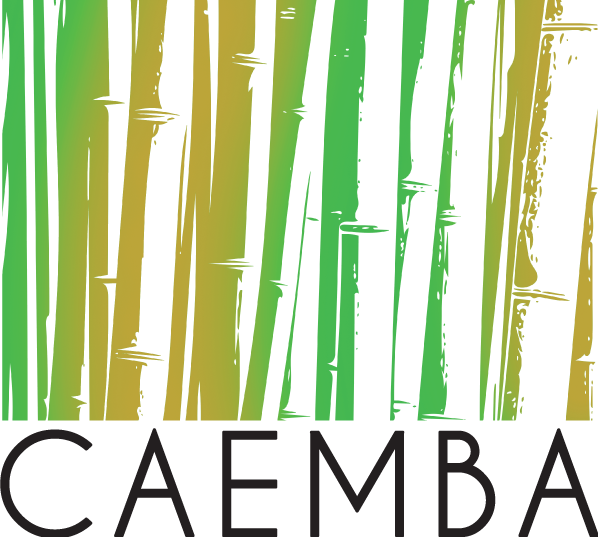The wall that divides one of the largest vacation infrastructure projects from some of the poorest sectors in the Atacames canton is a mountain. The differences between the two sides of the mountain are striking.
Cristel is a 15-year-old girl; her mother is one of the cooks hired by the vacationers at Casa Blanca to prepare typical local meals, especially during the beach seasons. Cristel attends a public school and is a descendant of the inhabitants of the historic community of Same.
Daniel is a 16-year-old young man; his parents own an apartment where they go when vacations allow. He attends a private school in Quito and has always wondered about the reality on the other side of the mountain. He has a special social sensitivity and, in fact, has managed to donate several houses that have been built within “CAEMBA”.
The events unfolded as follows: Daniel joined a group of volunteers to build six houses just on the other side of the mountain. One of the houses was intended for Cristel’s mom. They met and worked together for an ambitious initiative: the Prosperous Same-Tonchigüe project.
Unintentionally, they are part of a painful and challenging reality. Since the COVID-19 pandemic, the influx of tourists has decreased. With the recent surge in violence, it has dropped even further. This has caused Cristel’s mother and many residents of Same and Tonchigüe, who benefited from the economic dynamics of tourism, to see their incomes diminish and even disappear (creating fertile ground for recruiting desperate young people into criminal groups).”
Towards a Change in the Model
If progress is made toward a more inclusive development model involving the vulnerable groups in the Same-Tonchigüe area, conditions will be created that allow families to improve their living conditions, foster entrepreneurship, secure jobs, and enhance incomes to meet their needs. The structural effect is that this will become a zone of peace.
This will enable them to achieve economic independence, which is the best way to break dependence on crime and the most effective path to personal well-being and that of their families.
A new model includes vocational training for young people, seed funding for entrepreneurship, social reintegration for youth involved in delinquency, construction of decent housing, and sports activities for children and adolescents who are currently at risk of being enticed by criminal gangs.
The immediate effect? To reduce insecurity. Thus, Same-Tonchigüe can develop its full tourism potential and recover more than 1,000 jobs lost in recent years, providing a significant boost for many development possibilities in the area.
Magnitude of the Change
What the Prosperous Same-Tonchigüe project proposes, with the active participation of tourism property owners and traditional residents of the area, is ambitious. But entirely possible:
- Build approximately 150 houses in 4 years, so that there are no families living in precarious conditions in the area;
- Train at least 100 heads of households and 200 young people in situations of poverty and vulnerability in high-demand professional skills, enabling them to start businesses or secure full-time employment;
- Plan to provide 100 seed funds to promote entrepreneurship; and,
- Ensure sports facilities and coaches so that at least 200 children and adolescents in the area can engage in sports such as soccer, basketball, and martial arts; thereby reintegrating 30 young individuals into legal activities who are currently part of various gangs.
In this way, it is expected to reduce insecurity in the area and promote the revival of tourism, which has more than 1,400 vacation units. At least 500 permanent jobs and 500 seasonal jobs could be reactivated, directly benefiting 800 families or 4,000 people in the poorest and most vulnerable province on the coast of Ecuador.
And thus, the barrier that artificially separates Cristel and Daniel will have been broken. However, for this to happen, commitment is needed, thinking of equitable development as the instrument that will allow the construction of this zone of peace.
Sustainable Development
This project is designed to empower women who are currently in conditions of poverty and extreme poverty, primarily to achieve economic independence. Within the consortium of organizations participating in the initiative, there are organizations with great expertise in gender issues and empowering women.
Positive environmental impact is expected, enabling both the community and the occupants of the tourist infrastructure to maintain that area in the best conditions.
The possibilities are as vast as the needs. Pushing this project forward goes beyond the delivery of money; it involves supporting with effort and a genuine sense of solidarity.






